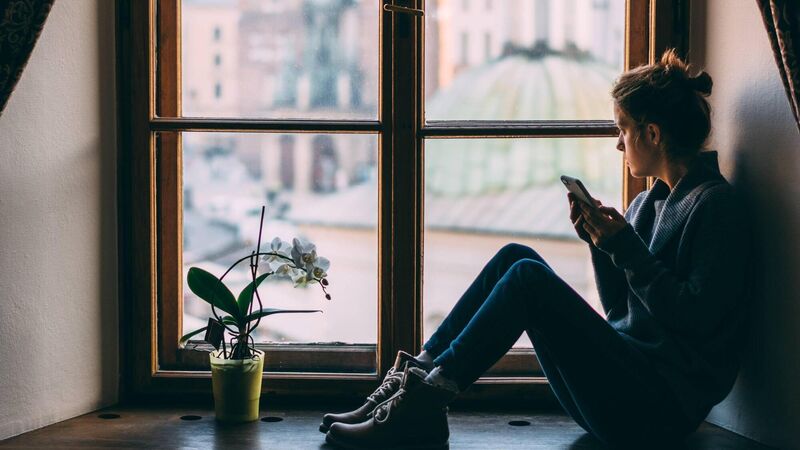Joyce Fegan: Parents and teachers are doing their best. But how are our children coping?

A study found more than half of those interviewed believed children had borne the brunt of Covid-19 and 80% said social isolation was a major factor.
Children and teenagers have no real voice in public life. They are not politicians, or business owners, they're not members of interest groups and they aren't interviewed on the radio or in the paper. They rarely mount campaigns and hold press conferences and gain media attention over an issue.
While we hear about their issues, we rarely hear from them.















